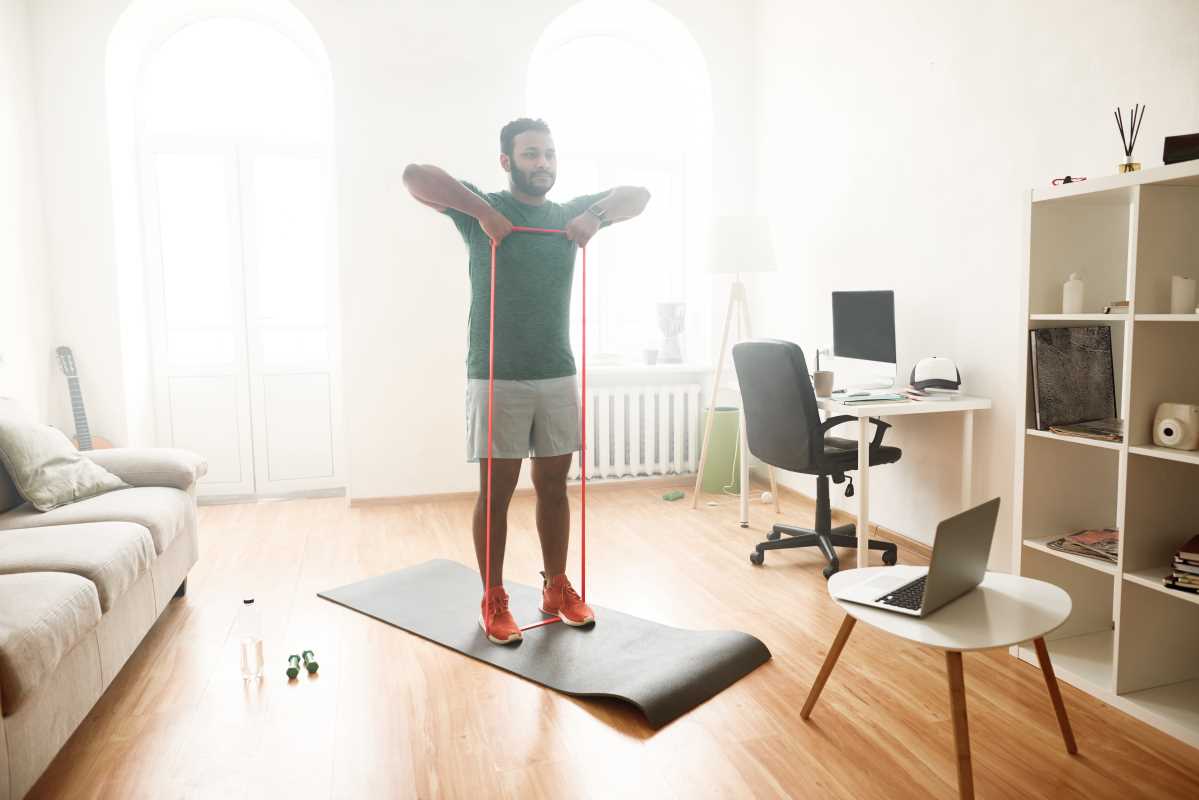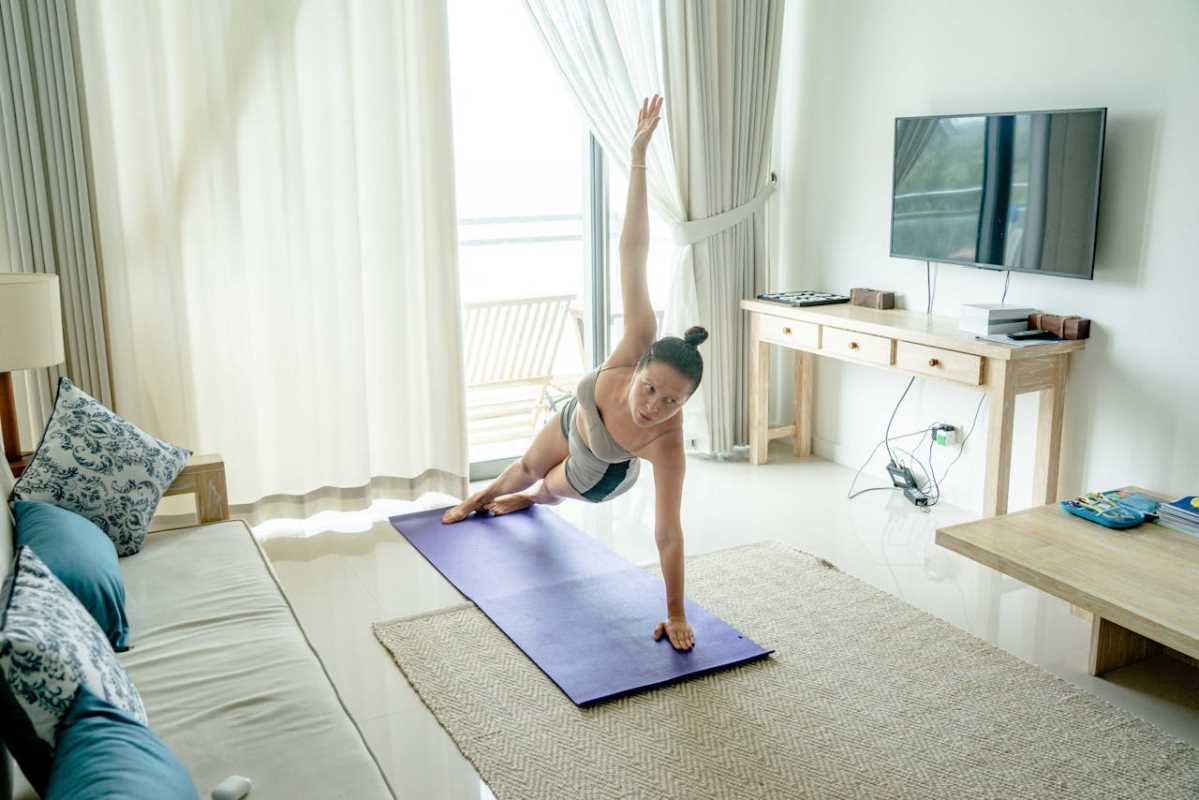Starting a journey of personal growth often involves multiple facets, and exercise stands out as a strong catalyst in this process. Engaging in physical activity not only strengthens the body but also nurtures the mind and spirit, creating a harmonious balance that supports overall development. Regular exercise has been shown to improve mental clarity, boost mood through the release of endorphins, and reduce stress, making it a powerful tool for personal well-being. Hitting the gym to build strength, going for a run to clear your mind, or practicing yoga to improve flexibility and find inner peace are some ways to lead to significant positive changes in your personal life. Over time, these small, consistent efforts can enhance your confidence, ease resilience, and help you tackle challenges with greater energy and focus.
The Connection Between Exercise and Personal Growth
Exercise serves as more than just a means to achieve physical fitness; it connects intrinsically to various dimensions of personal growth. When you commit to a regular workout regimen, you develop discipline and resilience, key traits that push you forward in other areas of your life. The structure and consistency required in exercise can translate into enhanced time management and goal-setting skills, enabling you to tackle challenges with confidence.
Engaging in physical activities often leads to setting and surpassing personal milestones, creating a sense of accomplishment and boosting self-esteem. This ongoing progression encourages you to strive for continuous improvement, not only in fitness but also in personal aspirations such as career advancement, academic achievements, and personal hobbies. The journey through exercise mirrors the path of personal development, where each step taken contributes to your overall growth.
Mental and Emotional Benefits of Exercise
- Reduces stress and anxiety by releasing endorphins
- Improves mood and combats depression
- Enhances cognitive functions, including memory and concentration
- Boosts self-esteem and confidence
- Promotes better sleep patterns
- Encourages mindfulness and mental clarity
- Provides a sense of routine and stability
- Facilitates social connections and reduces feelings of loneliness
Practical Tips for Integrating Exercise
Integrating exercise into your daily routine can seem daunting, but with a few practical ideas, it can become more manageable and enjoyable. Start by setting realistic goals that align with your current lifestyle and gradually increase the intensity or duration of your workouts as you build stamina. This approach prevents burnout and ensures that exercise remains a sustainable part of your life.
Finding activities that you genuinely enjoy serves as another effective tip. Whether it’s dancing, swimming, hiking, or cycling, engaging in enjoyable forms of exercise increases the likelihood of maintaining consistency. Consider including social elements, such as joining a fitness class or finding a workout buddy. These social interactions not only make exercise more fun but also provide accountability and motivation to stick with your routine.
To integrate exercise into your life even more seamlessly, try incorporating it into your daily tasks. For instance, take the stairs instead of the elevator, park farther away from your destination, or take short walking breaks during your workday. These small adjustments can accumulate over time, making exercise a natural and effortless part of your daily activities.
Keep a fitness journal to track your progress and reflect on how exercise impacts your personal growth. Recording your workouts, noting improvements in strength or endurance, and jotting down how you feel after exercising can provide valuable insights and reinforce your commitment to maintaining an active lifestyle.
Balancing Fitness and Personal Development Goals
- Prioritize Your Goals: Identify which personal development goals are most important and allocate time accordingly to balance with your fitness activities. Focus on what truly matters to you to ensure that both fitness and personal growth receive the attention they deserve.
- Create a Schedule: Develop a weekly schedule that includes dedicated time slots for both exercise and personal development activities to ensure neither is neglected. Having a clear plan helps in managing time efficiently and maintaining consistency.
- Set Clear Boundaries: Establish boundaries between work, fitness, and personal growth to maintain a healthy balance and prevent burnout. Allocate specific times for each activity and avoid overlapping them to ensure focused and effective engagement.
- Monitor Progress: Regularly assess your progress in both fitness and personal development to adjust your approaches as needed and stay on track. Use tools like progress charts, apps, or regular self-reflection to keep track of your advancements and identify areas for improvement.
- Stay Flexible: Be open to adjusting your routine as circumstances change, ensuring that you can maintain balance even during busy or unexpected times. Flexibility allows you to adapt without compromising your overall goals, making it easier to sustain long-term growth.
- Combine Activities: Where possible, combine fitness with personal development. For example, listen to educational podcasts while jogging or practice mindfulness during yoga sessions. This integration maximizes the benefits of both activities and enriches your personal growth journey.
Incorporating exercise into your daily routine represents a powerful step toward enhancing your personal growth. Start today by taking small steps toward integrating exercise into your day, and witness the transformative power it holds in shaping a better you.







